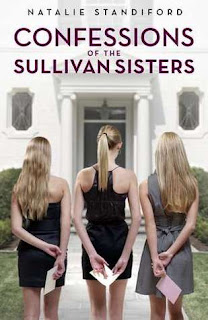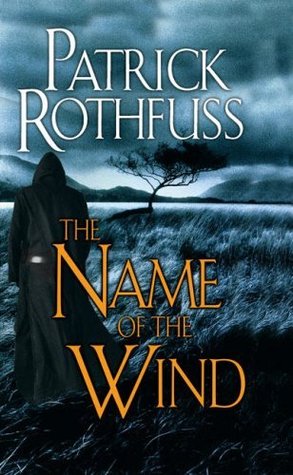Some Girls Are
by Courtney Summers
Climbing to the top of the social ladder is hard--falling from it is even harder. Regina Afton used to be a member of the Fearsome Fivesome, an all-girl clique both feared and revered by the students at Hallowell High... until vicious rumors about her and her best friend's boyfriend start going around. Now Regina's been "frozen out" and her ex-best friends are out for revenge. If Regina was guilty, it would be one thing, but the rumors are far from the terrifying truth and the bullying is getting more intense by the day. She takes solace in the company of Michael Hayden, a misfit with a tragic past who she herself used to bully. Friendship doesn't come easily for these onetime enemies, and as Regina works hard to make amends for her past, she realizes Michael could be more than just a friend... if threats from the Fearsome Foursome don't break them both first.
Tensions grow and the abuse worsens as the final days of senior year march toward an explosive conclusion in this dark new tale from the author of Cracked Up To Be.
From goodreads.com
Courtney Summers fast and furious becoming my favorite contemporary YA author. I read her debut novel Cracked Up To Be somewhere at the beginning of this year and it was awesome. Her second novel - Some Girls Are – is equally fantastic. I couldn’t put the book down. No, literally, I couldn’t.
The reason I love Courtney Summers’s works that much is how honestly she manages to talk about most difficult, most awful and the ugliest issues teenagers (or anyone at that matter) are going through. Not only Summers’s voice is honest, she is also telling her stories without giving her personal opinion, without making any moral statements and definitely without shoving this statement into reader’s throat. She is only stating facts and letting readers decide for themselves what they saw in the story, what lessons they learn if any… And this is precisely what makes a great book for me.
I never was in The US High School, so I can’t really tell, if what Courtney Summers is writing is somehow resembling truth or not. Nevertheless, I myself was in High School, even if it wasn’t in The US and I can tell you these schools are not that different, there are still teenagers who attend them. However, I heard a lot of stories from different people and it is seems to me that Summers’s stories quite possibly could have happened, if didn’t, in the real life. And this is a real horror. Do you think movies or books about maniacs serial killers are horror? Do you think stories about vicious paranormal creatures are horror? Read Courtney Summers and think again.
I’m usually quite hesitant to recommend any books to the people I don’t know very close. However, I would recommend Courtney Summers’s books to literally anyone, to any person on the street. I believe that any person either this is a man or a woman, teenager or senior citizen, rich or poor, lawyer or backer – anyone can find something in Summers’s books, because they are not really about teenagers or high schools, they are about people and relationships between them.



















